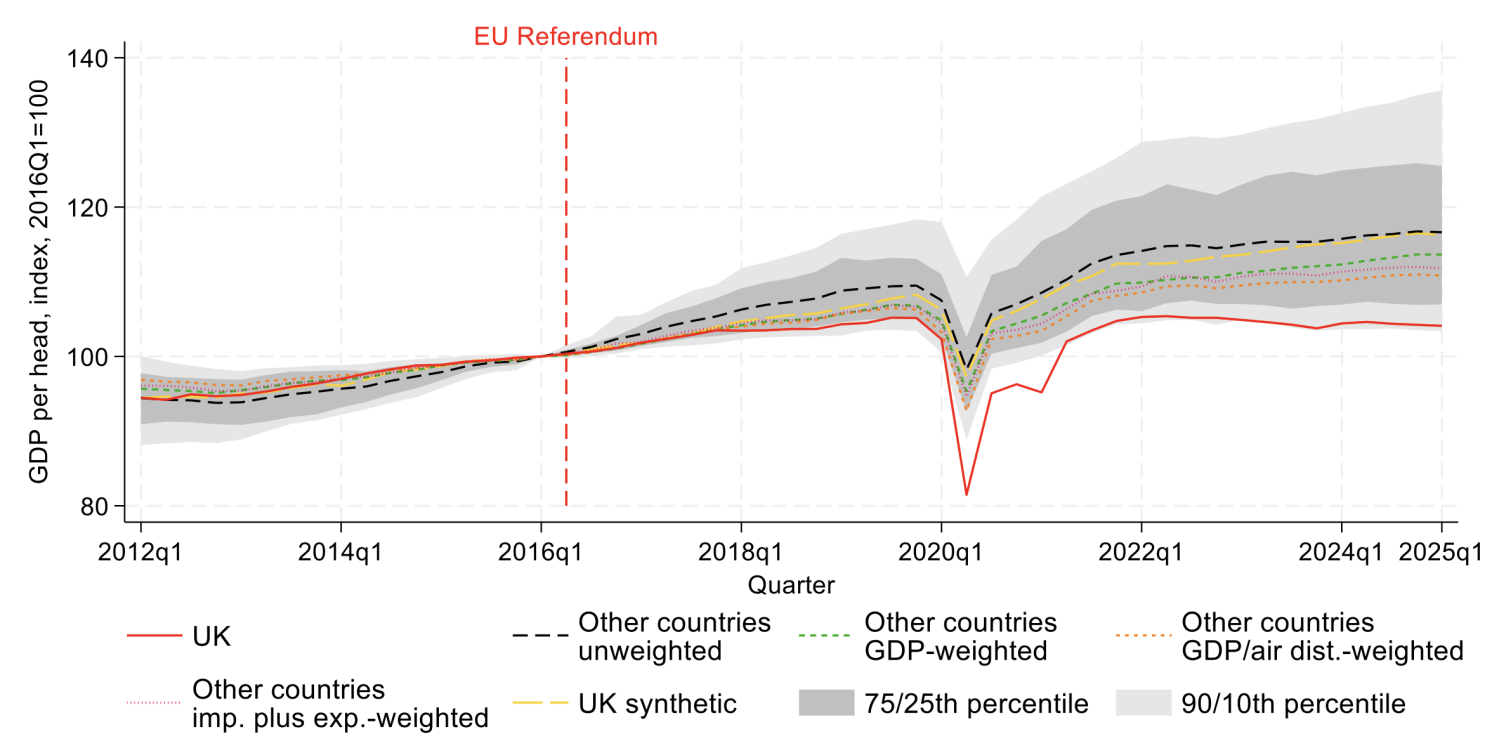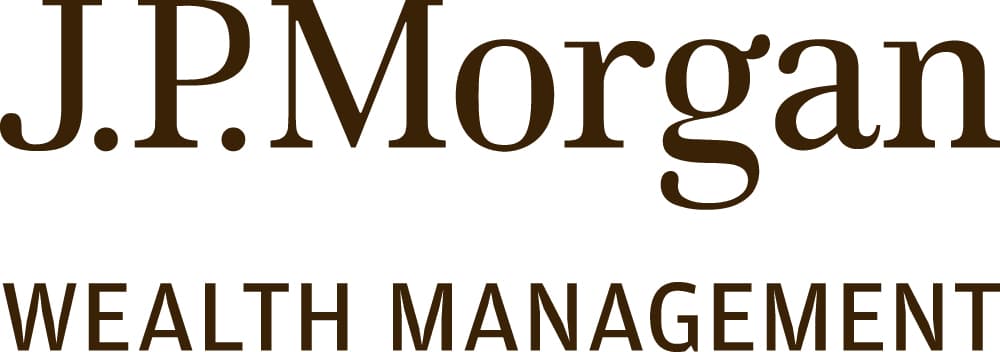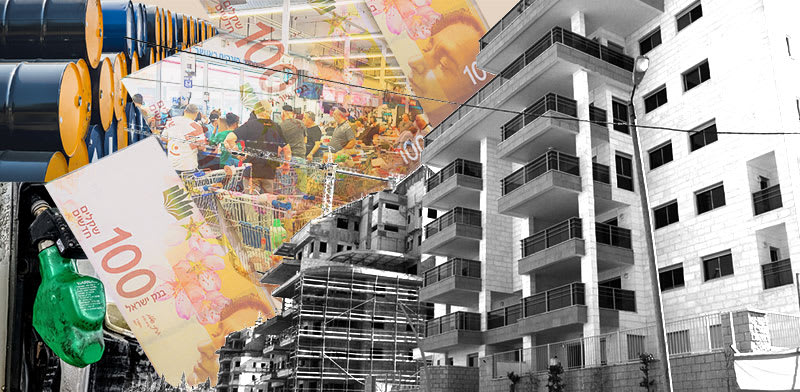Israel’s Consumer Price Index (CPI) was unchanged in January. In the twelve months to the end of January, the rate of inflation fell to 2.6% from 3% in 2023. The decline is in line with analysts’ expectations that the annual inflation rate would fall to 2.6-2.7% in January.
The clothing and footwear item and the entertainment and culture item both fell by 1.0% last month. Fresh produce prices fell by 0.5%, and the transport item fell by 0.4%.
The Central Bureau of Statistics has also published the change in home prices (which are not part of the general CPI) between October-November 2023 and November-December 2023. On average, prices rose 0.7%. In the breakdown by region, prices fell by 1.3% in Jerusalem, and rose by 1.2% in Haifa, by 1.6% in the center, and by 0.8% in the south. In Tel Aviv, prices were flat.
Prices of new homes rose by an average of 0.9%.
In the comparison between November-December 2023 and November-December 2022, the index of housing prices fell 1.4%. Prices fell by 4.4% in Tel Aviv, by 1.3% in Jerusalem, by 0.8% in the central region, and by 0.1% in the south. Prices rose by 3.3% in the northern region and by 0.3% in Haifa.
The index of new home prices fell 2.7%.
The Phoenix Holdings chief economist Matan Shitrit explains the consequences of falling inflation in Israel for the Bank of Israel’s interest rate policy: “The analysts’ forecasts took into account a continuing trend of decline in the annual inflation rate, but despite the fall, the chances of an interest rate cut in the next decision remain low. In our view, the process of reducing interest rates will be cautious and slow, and the Bank of Israel will follow moves by the US Federal Reserve and the European Central Bank, where the expectation of the start of a process of cutting rates is becoming more remote. The forecast by the Bank of Israel Research Department for the bank’s interest rate at the end of 2024 of 3.75-4.00% also points to a very gradual process.
“As far as the impact of Israel’s sovereign credit rating on interest rates is concerned, it is clear that the rating downgrade was priced in by the markets, which remained stable, while the shekel strengthened, which gives a green light for further interest rate cuts. Nevertheless, while recent CPI readings were affected by a sharp fall in demand, current data indicate a fairly sharp recovery in economic activity, which means that the deflationary factor could dissipate. In addition, inflation forecasts for the next twelve months, which already pointed to stickiness in inflation, will now start to factor in the rise in the VAT expected in January 2025. We estimate that the VAT hike will contribute 0.5 percentage points to the CPI – 0.2 percentage points in January 2025 and the rest in the following months.”
Published by Globes, Israel business news – en.globes.co.il – on February 15, 2024.
© Copyright of Globes Publisher Itonut (1983) Ltd., 2024.






































